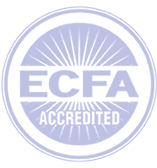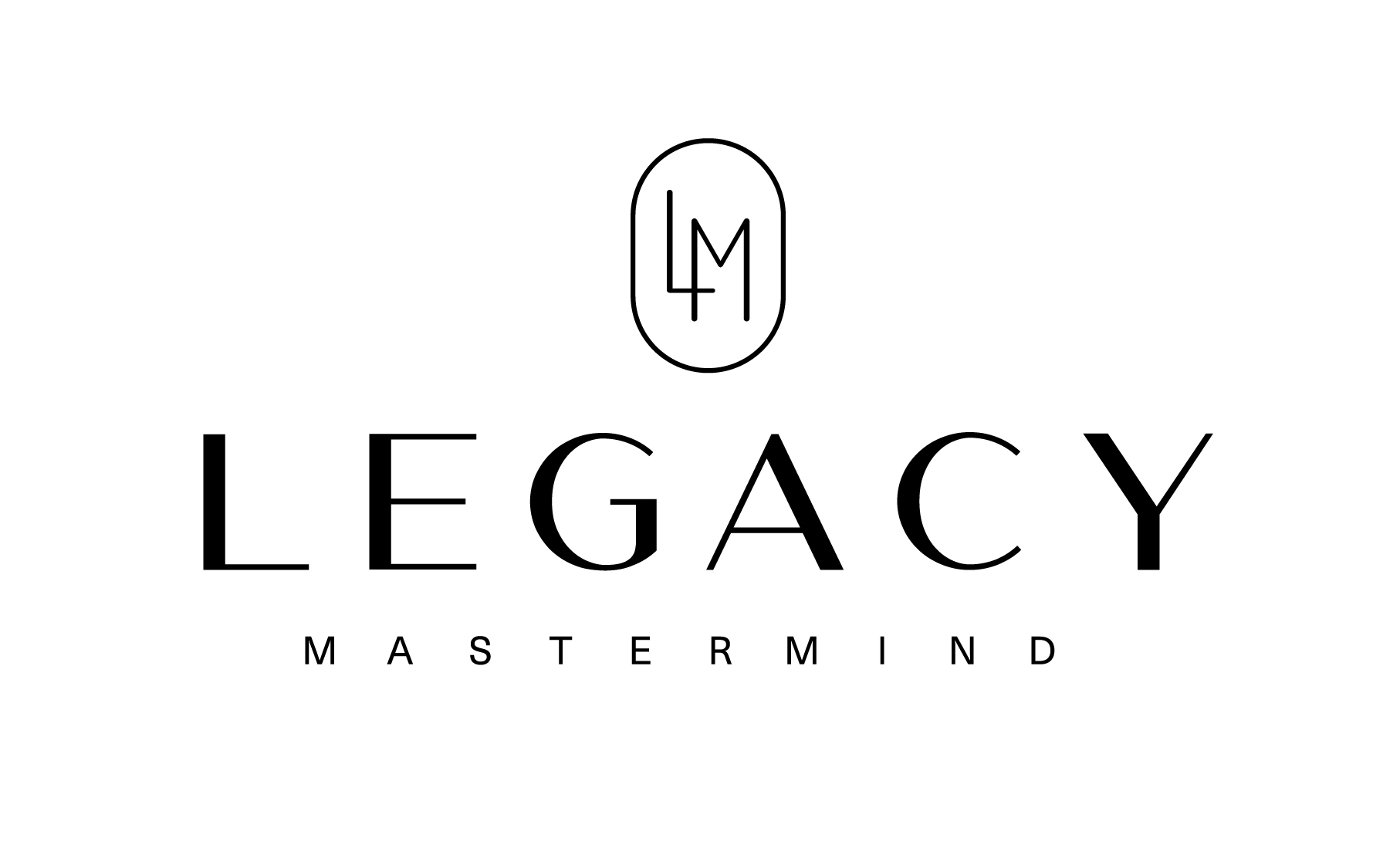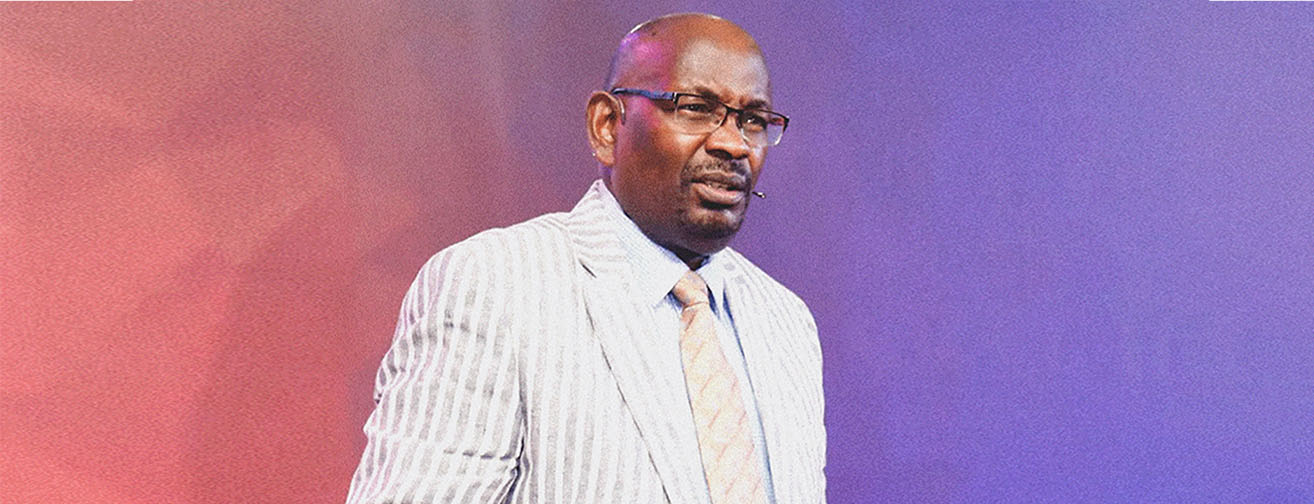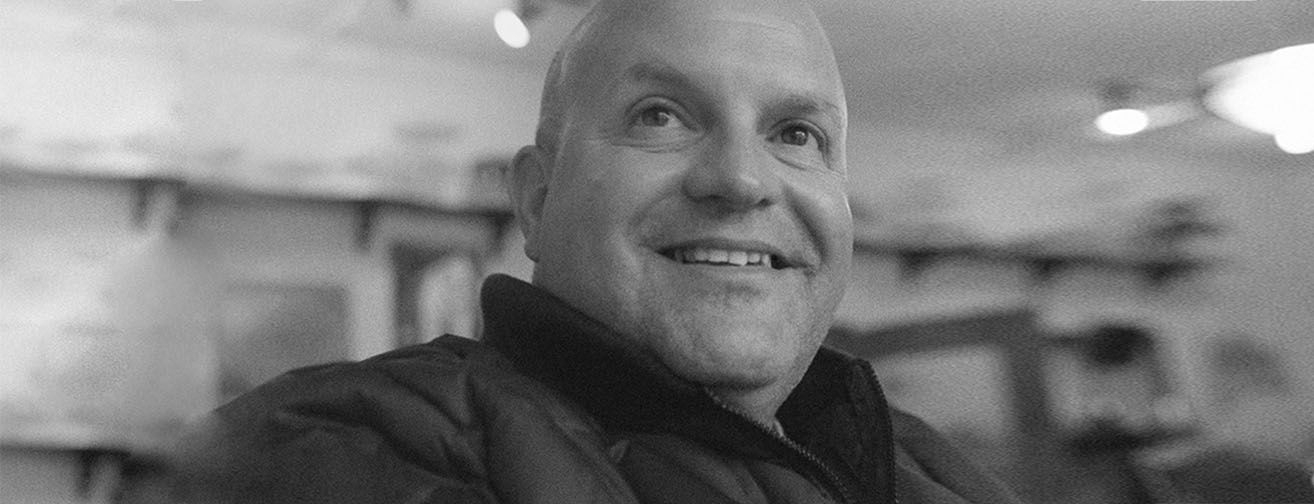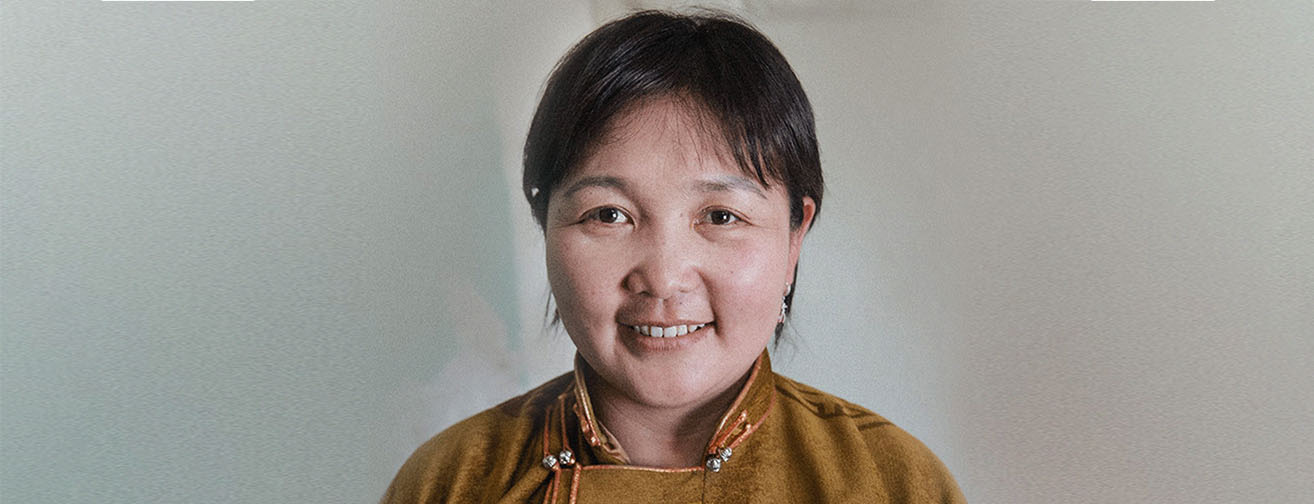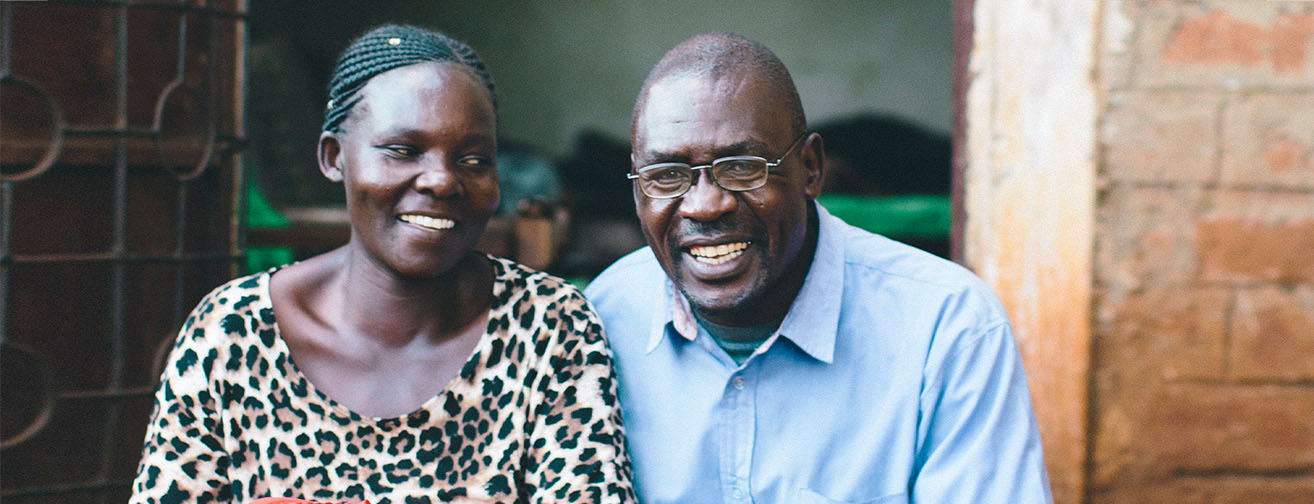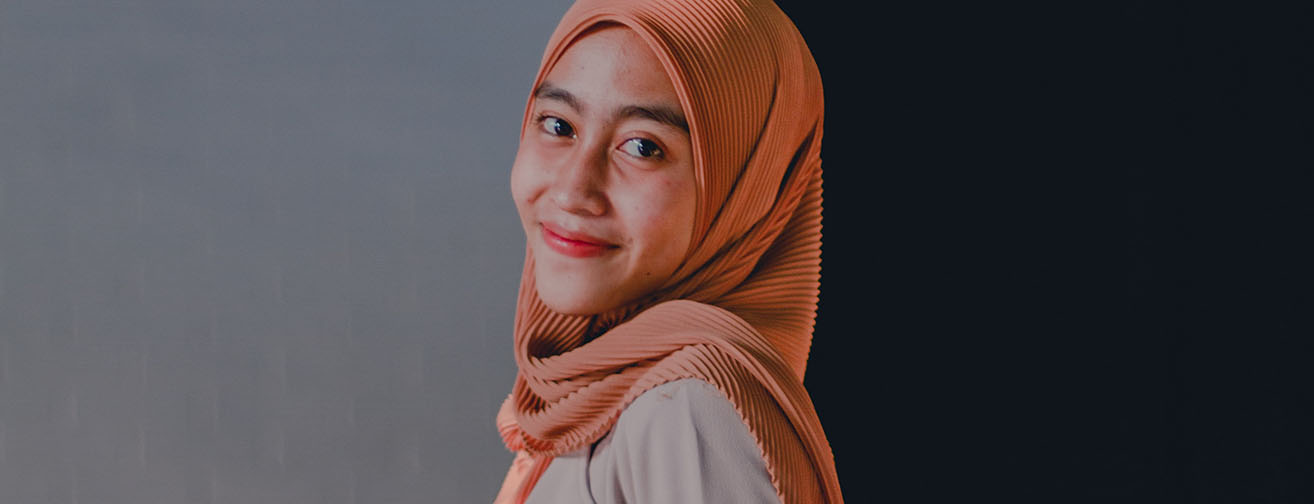If you’ve ever tried to clean up your diet, you know how difficult it can be. Eating healthy is important to ward off disease, improve our immune systems, and to live long, full lives. Yet for so many, it is a near constant struggle. Generally speaking, we know the foods we shouldn’t eat, but we have such a hard time staying away from them. Why is that?
It all comes down to science and the way our brains are wired. Foods that are high in fat, salt, and sugar tend to be the most unhealthy, and also, the most addictive. That is because when we eat them, it triggers a dopamine release in our body. And as covered in an earlier lesson, dopamine is a neurotransmitter that imprints pleasurable experiences on the brain so we will be more likely to repeat them in the future. It is associated with nearly all addictive behaviors, from doing hard drugs and checking your phone a hundred times a day, to eating fast food and, you guessed it—watching porn.
Here’s the thing though—your body can only handle so much dopamine. The more dopamine you trigger your body to release above normal levels, the more desensitized your body’s dopamine receptors get. That means that to get the same high you’ve experienced in the past, you need a greater stimulus in the future. If you’ve ever wondered why addictive behaviors escalate over time, this is it. This is why if you eat unhealthy foods, you will crave more of them in the future—and over time, you become more and more unhealthy.
When changing your diet and learning to eat healthy, there’s an important principle, which, given enough time, will play out. Whatever foods you consistently consume, you will develop more of a hunger for. The opposite is also true. Whatever foods you choose not to consume any longer, you will eventually lose your appetite for. That doesn’t mean you’ll never have a craving for anything unhealthy. Rather, it means that for the most part, your appetite changes for the better as you eat better. You will still have to exercise self-control from time to time, but it will get much easier as you consistently make healthier decisions.
This process of reassigning our hunger gives us a key insight into how dopamine works. Dopamine ultimately reinforces whatever behaviors you engage in to fulfill your appetites. If you refrain from fulfilling your appetites with unhealthy things for long enough, your brain will eventually get the message that it needs to find other ways to get dopamine—and as you pursue healthier options, you will begin to form new attachments to them through, you guessed it—our old pal dopamine. In this way, dopamine can be both a powerful enemy or a helpful ally. It all depends on whether you pursue it in unhealthy or healthy ways.
As you begin the journey of cleaning up your diet and learning to make healthier choices however, the choices can feel very difficult. That is because most people who are used to eating junk food have created quite strong appetites for it. This is why, in the beginning stages, most experts recommend cleaning out one’s fridge and pantry to get rid of unhealthy foods that they might crave in a moment of weakness. It’s far easier to develop a new habit if you cut off access to the old way of meeting your cravings. In the long term, as you eat healthier foods, your body and brain adapt to the changes. In the beginning, however, you are far more likely to stick to a healthier way of eating if you don’t have access to junk food in the first place
Now, of course, we aren’t just talking about how to stop eating junk food. We are talking about how to stop looking at porn—and more specifically, how to become a healthy person who no longer needs to look at porn. In fact, you will find the process for kicking junk food habits to the curb and learning to eat healthy is not all that different from that of quitting porn. Putting the spiritual aspect of it to the side for just a minute, porn is essentially sexual junk food. It’s a quick, unhealthy way to respond to your cravings that comes with all kinds of long-term negative side effects. And the process for getting free involves the difficult decisions to get the junk food out of the house and force yourself to find other healthier things to replace it with. In the long run, as you make healthier decisions, you will reduce your unhealthy cravings and attach your hunger to things that give you life and not just a quick fix.
Day 23 Freedom Work
Scripture Reading — Read in the book of Proverbs until you find at least 5 separate verses that speak to the struggles you have, and write them down.
Journaling Exercises — Answer the following questions at length in your journal. Aim to spend at least 5–7 minutes per question.
- In what ways do you want a healthier life? How is the process of quitting porn a part of your pursuit of a healthier life?
- Without using spiritual language, how has porn use contributed to you being unhealthy? In what ways has it been like junk food to you? How has it affected the way you see yourself, others, and sexuality?
- Again, without using spiritual language, make a list of as many benefits as possible that you will experience when you learn to replace porn with healthy ways of getting your needs met. Then answer the question—are you willing to make the difficult choices you need to make in the short term in order to change what you hunger for in the long term?
Prayer — Father, I want to be healthy, healed, and whole. I want to be fully human, and to treat others as fully human. Reveal to me the ways that porn has harmed the way I see people you love. I don’t want to see others as objects that I can use to satisfy my own desires. I want to see them as people you love dearly, created in your image. I yield my eyes to you and ask that you fill them with light, that I may see as you do. Amen.
